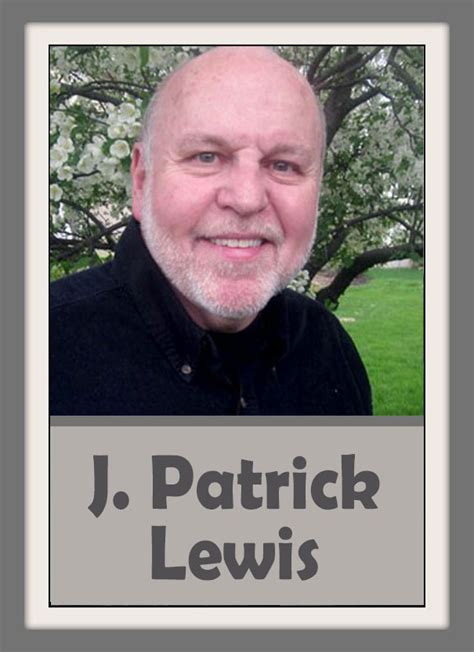A Quote by Howard Nemerov
I've never read a political poem that's accomplished anything. Poetry makes things happen, but rarely what the poet wants.
Related Quotes
The Divine Comedy is a political poem and when you say poetry is not about - he's always quoted out of context, that "poetry makes nothing happen," that doesn't mean you shrug your shoulders and don't try to make anything happen. And Dante felt that poetry was engaged, there was a point of view; it's not my point of view, it's orthodox medieval Christianity, and I have my troubles with that. He didn't feel that you could just rule out so important a section of life - we care about these things, and it's out of caring about them that we write poetry.
A successful poem says what a poet wants to say, and more, with particular finality. The remarks he makes about his poems are incidental when the poem is good, or embarrassing or absurd when it is bad and he is not permitted to say how the good poem is good, and may never know how the bad poem is bad. It is better to write about other people's poetry.
My feeling is that most political poetry is preaching to the choir, and that the people who are going to make the political changes in our lives are not the people who read poetry, unfortunately. Poetry not specifically aimed at political revolution, though, is beneficial in moving people toward that kind of action, as well as other kinds of action. A good poem makes me want to be active on as many fronts as possible.
Another trouble with poetry - and I'm gonna stop the list at two - is the presence of presumptuousness in poetry, the sense you get in a poem that the poet takes for granted an interest on the reader's part in the poet's autobiographical life, in the poet's memories, problems, difficulties and even minor perceptions.
Truly fine poetry must be read aloud. A good poem does not allow itself to be read in a low voice or silently. If we can read it silently, it is not a valid poem: a poem demands pronunciation. Poetry always remembers that it was an oral art before it was a written art. It remembers that it was first song.
A trouble with poetry is the presence of presumptuousness in poetry, the sense you get in a poem that the poet takes for granted an interest on the reader's part in the poet's autobiographical life, in the poet's memories, problems, difficulties and even minor perceptions. I try to presume that no one is interested in me. And I think experience bears that out. No one's interested in the experiences of a stranger - let's put it that way. And then you have difficulty combined with presumptuousness, which is the most dire trouble with poetry.
I know that in a poem, even when the speaker is speaking from the poet's experience, there's always something that's borrowed, some authority that sits outside of the poet that the poem has claimed. There's a dramatic pitch that makes the speaker capable of saying something more courageous or stranger or simply other than what the poet would be able to say.
I think that poetry is an act of celebration, that anytime you're writing a poem, it means that you're celebrating something, even if it's a sad poem, if it's an angry poem, a political poem or anything at all. The fact that you're taking the time and energy to pick up this thing and hold it to the light, and say, "Let's take some time to consider this," means that you've deemed it worthy enough to spend time on - which, in my opinion, is celebrating.





































